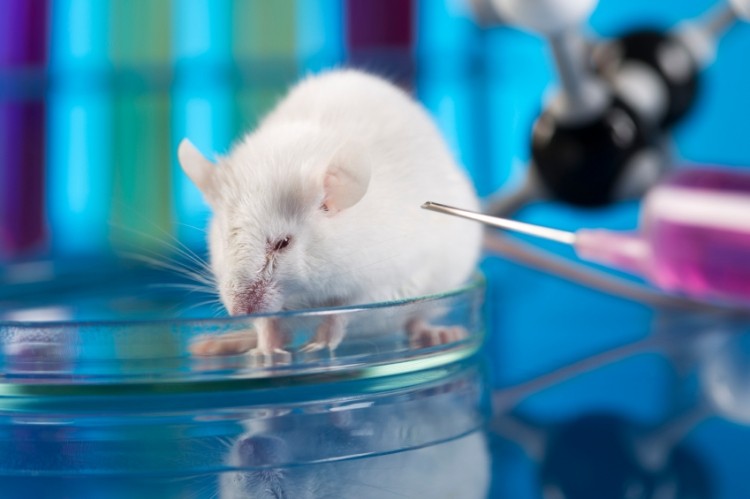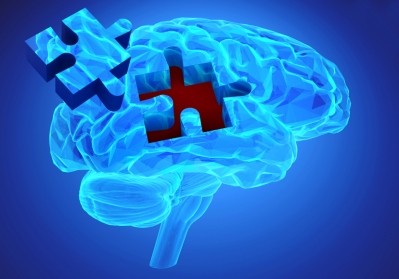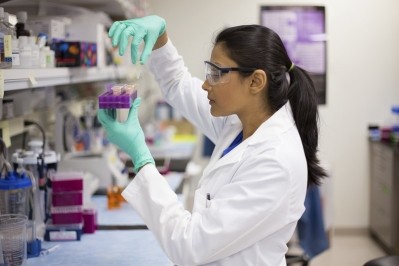Taurine-like chemical removes Alzheimer’s plaques in mice

The molecule—called 4-(2-hydroxyethyl)-1- piperazinepropanesulphonic acid—or EPPS shares commonalities with taurine, a type of amino acid found in energy drinks such as Red Bull. It is more widely used by biologists to adjust the pH of buffer solutions for biological experiments.
EPPS was added to the drinking water of test mice engineered to express two common human genes for the disease. The mice began showing signs of cognitive deficits in memory and learning tasks such as swimming through mazes.
Researchers then administered various daily doses of EPPS of up to 30mg/kg in the mice’s drinking water for three months. When they repeated the original learning and memory challenges, the researchers discovered that mice treated with EPPS showed improved performance comparable to normal mice.
Analysis of the mice’s brains showed that those treated with EPPS demonstrated a significant decrease in amyloid beta plaques. Mice that received the maximal 30mg/kg dose had almost no plaques in the hippocampus area of the brain. In contrast untreated mice showed a twofold increase in the number of beta plaques in their hippocampi.
YoungSoo Kim, Ph.D, principal investigator at the Center for Neuro-Medicine/Brain Science Institute, Korea Institute of Science and Technology (KIST) told Nutraingredients: “The only reason why we observed almost full recovery of cognitive ability in Alzheimer's transgenic mice was that these mice hardly develop brain atrophy.”
“Unlike these mice, when Alzheimer's patients and their family come to physicians for the first time, the patient usually has amyloid plaques and brain atrophy.”
“I do not believe EPPS or other amyloid clearing drug candidates will make Alzheimer's patients recover their damaged brains. However, I strongly believe these drug candidates will halt the neurodegeneration and rescue patients from death.”
EPPS’ future potential
The research is in the early stages but EPPS appears to cross the blood-brain barrier due to its relatively small molecule size. Crucially, the molecule appears to exhibit no ill effects for the mice even at high doses.
“Antibodies are not supposed to penetrate our blood-brain barrier, said Kim. "On the contrary, EPPS freely transport this barrier.”
The scientists also found that doses between 30-100mg/kg of body weight per day proved effective in breaking up the protein plaques.
Further experiments revealed doses of EPPS up to 2,000mg/kg per day appeared to have no toxic effects in the mice. Given how the substance might be administered to humans, more tests would need to be carried out to determine the exact toxicity, hence the large dose range.
In the past, scientists have targeted the build-up of beta-amyloid plaques as a way of halting the disease’s progression. Kim believes EPPS could have a major role as a therapy in the future.
“EPPS is a lot cheaper to produce, as it is a small molecule already available by many chemical vendors. Antibody drugs need IV injections while EPPS can be administered orally,” he said.
“There are about 10-15 years of amyloid accumulation before Alzheimer patients develop brain atrophy and cognitive deficits. Disaggregation of amyloid oligomers and plaques will be a powerful therapeutic tool as soon as early diagnosis of Alzheimer’s become available.”
Source: Nature Communications
Published online doi:10.1038/ncomms9997
“EPPS rescues hippocampus-dependent cognitive deficits in APP/PS1 mice by disaggregation of amyloid-β oligomers and plaques.”
Authors: Hye Yun Kim, Hyunjin Vincent Kim, Seonmi Jo, C. Justin Lee, Seon Young Choi, Dong Jin Kim& YoungSoo Kim
















